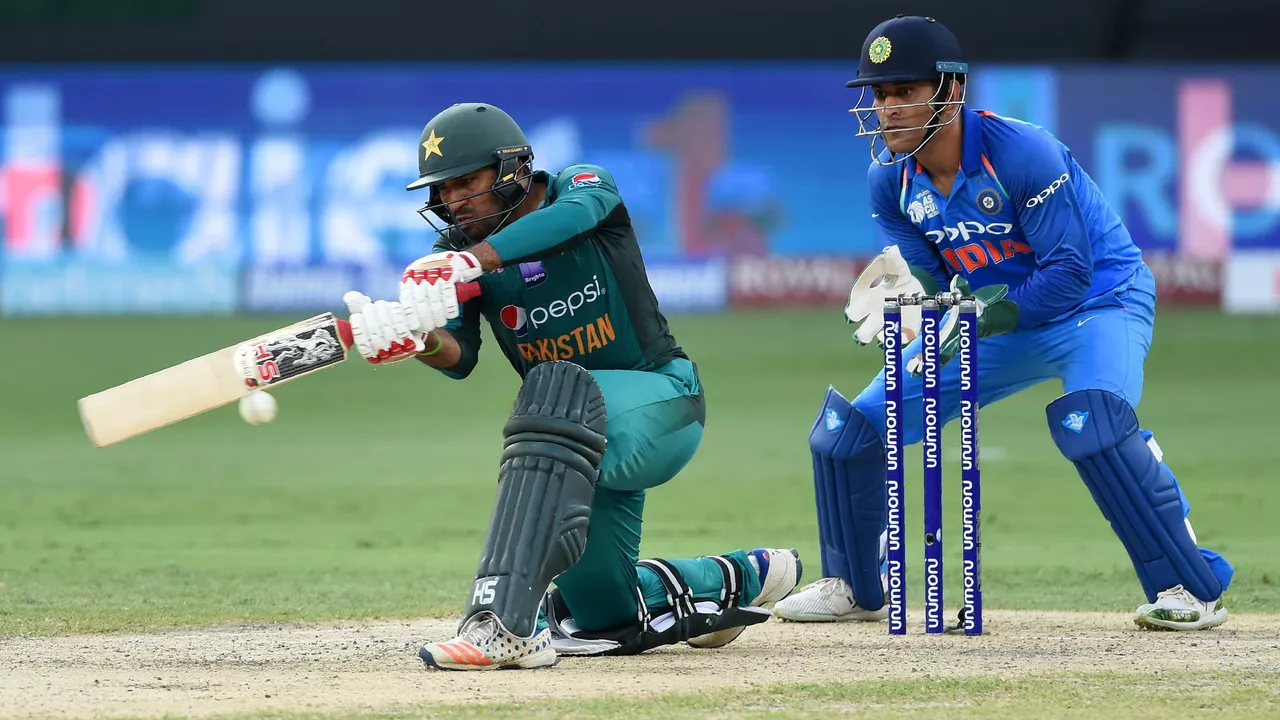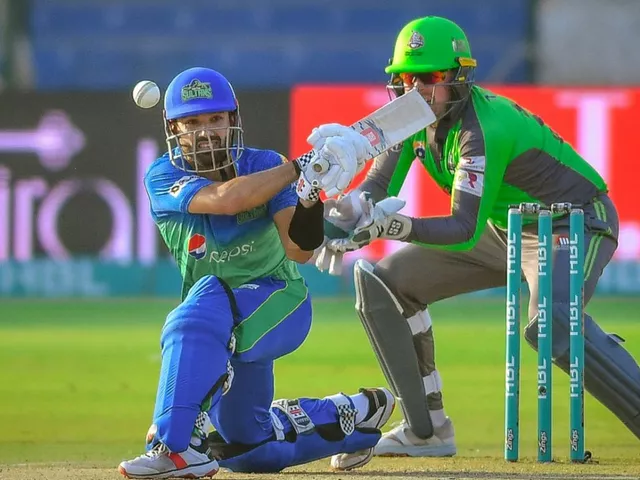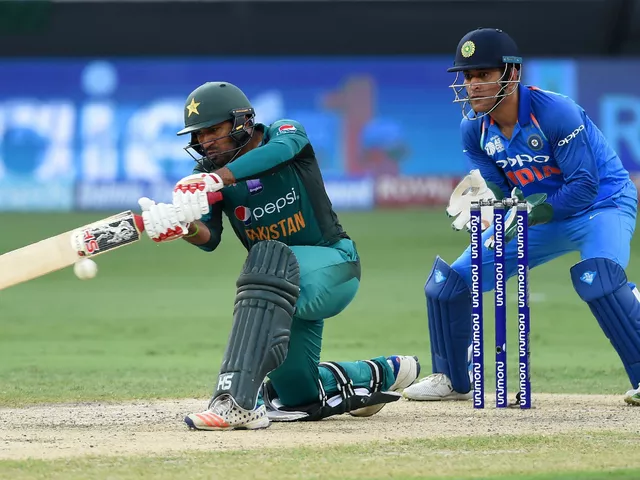Government Control: Understanding Its Reach in Everyday Life
When working with Government Control, the set of actions a state takes to direct, limit, or oversee activities in public and private spheres. Also known as state regulation, it shapes how businesses operate, how media is delivered, and even how sports events are run.
One key companion to government control is Regulation, formal rules that define what is allowed or prohibited in a specific industry. Another is Surveillance, the monitoring of activities, communications, or transactions by authorities. Finally, Censorship, the removal or restriction of content deemed undesirable by officials often works hand‑in‑hand with policy decisions.
Why government control matters across entertainment
Think about the cricket calendar you follow. The T20 World Cup schedule, the women's World Cup matches, or local club fixtures all sit under the umbrella of national sports bodies that follow government‑set regulation. These bodies must obtain licences, adhere to safety standards, and sometimes navigate funding rules imposed by ministries of sport. When a cricket club like Northop publishes match times, it’s indirectly reflecting those top‑level rules.
The same principle shows up in video games. The post about "Ghost of Yōtei" mentions new weapon systems and a card‑driven quest. Before that game hits the shelves, it passes through rating boards and content guidelines that are forms of censorship. Those guidelines decide if certain weapons or story elements are acceptable, shaping the final player experience.
Live streaming platforms for cricket, rugby or tennis aren’t just tech tools; they operate under broadcast licences granted by government agencies. The guide on watching live cricket on a laptop points readers to services that have secured the right to transmit matches. Those licences are a direct result of policy decisions about who can broadcast what, and when.
Even mainstream sports news, like the NFL recap of Packers vs Commanders, is subject to media regulations. In many countries, broadcasters must follow content quotas, advertising limits, and sometimes even language rules that stem from government control. Those rules influence how the story is packaged and delivered to fans.
When governments impose surveillance measures on digital platforms, it affects how fans interact with live streams. Data collection, geo‑blocking, and user tracking are all monitored under privacy laws. This means a fan in one region might see a different ad or even be blocked from a match that’s available elsewhere.
Sports betting is another arena where government control shines. Betting on cricket, football or any other sport typically requires operators to hold a licence, pay taxes, and follow strict advertising rules. Those laws aim to protect consumers while ensuring the state captures revenue—a clear example of regulation shaping an entire market.
Gaming tournaments, especially those tied to popular franchises, often need permits and must adhere to anti‑cheating standards set by authorities. The same goes for esports events streamed online; they’re monitored for copyright compliance, which is a form of censorship that protects intellectual property.
Media coverage of major events, like the US Open women’s semifinals, also falls under government control when it comes to broadcasting rights. Rights holders negotiate with national regulators to ensure the event reaches the public while respecting territorial restrictions.
All these examples illustrate a simple truth: wherever you find organized activity—be it a cricket match, a video game launch, or a live‑streamed tennis match—government control, through regulation, surveillance, policy or censorship, is at play. Understanding these connections helps you see why certain rules exist and how they affect what you watch, play, or bet on.
Below you’ll find a curated collection of articles that dive deeper into these topics. Whether you’re curious about how a women's cricket tournament stays compliant, how a game’s content gets approved, or how streaming services navigate licensing, the posts provide practical insights and real‑world examples that bring the abstract idea of government control into everyday perspective.

Why is cricket in India not under control of the government?
- Date: 22 Jul 2023
- Categories:
- Author: Caden Fitzroy
Cricket in India operates autonomously from the government, governed by the Board of Control for Cricket in India (BCCI). The BCCI, as a private entity, manages all cricket-related affairs, including organizing matches and managing players. The government's non-interference allows the sport to maintain its professional integrity and global standards. The BCCI's independent operation also encourages commercialization, attracting sponsors and investments. Despite occasional debates about bringing it under the government's control, the independence of cricket management in India has been a successful model so far.




